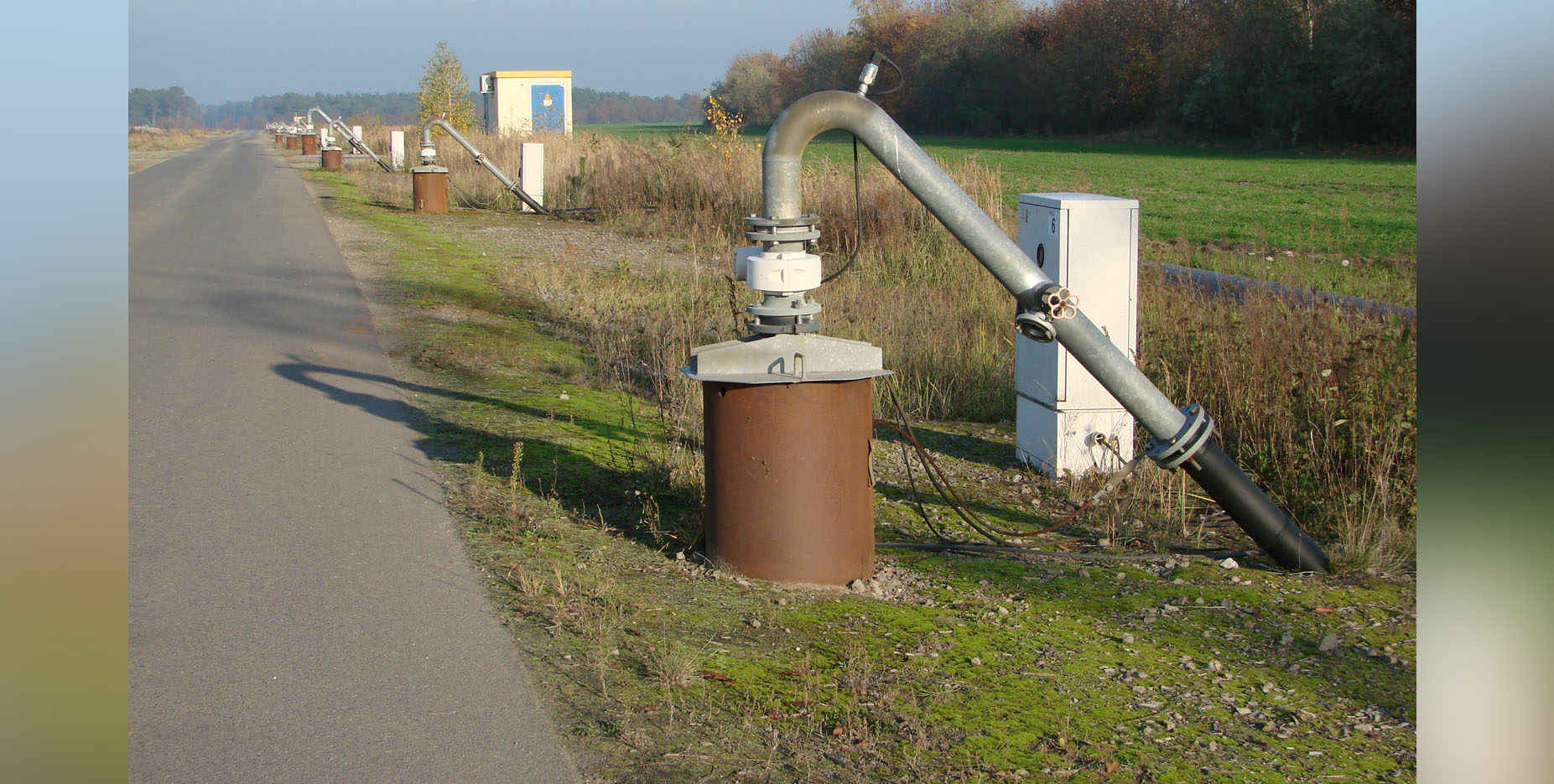
A study examining the earth’s rotational pole, or the point at which the planet rotates, found that excessive groundwater extraction has altered the earth’s tilt.
The study was led by geophysicist Ki-Weon Seo of Seoul National University, who said, “Our study shows that among climate-related causes, the redistribution of groundwater actually has the largest impact on the drift of the rotational pole.”
The scientific community has long understood that climate-related processes, including melting icecaps and water redistribution, affect the earth’s rotational pole, but the observable shift did not align with calculations until researchers accounted for 2150 gigatons of redistributed groundwater, extracted mostly from North America and northern India.
Such a quantity of water in the ocean would cause a 6 mm rise in sea level. Due to this phenomenon, in 20 years, the earth’s rotational pole has shifted almost a metre.
Most of the world’s groundwater is extracted for farm irrigation and household drinking water. The unsustainable extraction of groundwater has a myriad of adverse effects on ecosystems, including sea level rise and subsidence, or land sinking. Sea level rise is often attributed to melting ice caps, but extracted groundwater re-enters the water cycle and gets redistributed as precipitation.
In areas where drinking water is obtained from below a limestone aquifer, over-extraction lowers the water table and can cause the porous rock to collapse, causing sinkholes that sometimes swallow homes and vehicles.
As the global human population increases, food production must keep pace, meaning groundwater extraction is not slowing down. While many farmers are employing new smart farming practices that use water more efficiently, current groundwater extraction for agricultural irrigation is estimated at 70% worldwide and up to 90% in some Global South nations.
In India, a scholar named MC Chandrakanth recommended a water distribution system of “correlative rights,” whereby “farmers have to restrict their extraction of groundwater to a reasonable volume based on equity criteria.”
The interdependent system aims to equitably distribute water based on need and farm size, not when someone digs a well. The system aims to achieve food security, increase farmers’ incomes, and maintain sustainable water levels, though it has not been implemented.
Water disputes between farmers have been on the rise in recent years, including in the United States, where states have differing regulations on groundwater pumping. Less available water forces inadequate irrigation, leading to potentially lower crop yields and higher food prices.
In 2014, the US state of California, which produces around 40% of the country’s fruits, vegetables, and nuts, set limits on groundwater extraction for farmers. Pumping had far exceeded that which could replenish the aquifer, and rivers were drying up. Earlier this year, activists in California sought even greater restrictions on groundwater usage as wells continued to go dry.
As water crises increase, governments will likely step in more to demand the curbing of groundwater extraction. Cape Town, South Africa, has seen extreme water crises in recent years, leading to government limits on water usage, counting down to “Day Zero,” when dams will reach critical capacity (13.5%) and taps will run dry.
These forced habit changes among the population to stave off disaster, as residents, farmers, and businesses curbed water usage.
The renewable energy transition also contributes to increased groundwater extraction. Lithium is a necessary component of electric vehicle batteries, which are in high demand as the transportation sector aims to reduce its carbon footprint.
In Chile’s Atacama Desert, salty water is pumped to the surface and then evaporated. The brine is then transported to be processed into lithium carbonate and lithium hydroxide. Chilean minerals company SQM reported using more than 3.6 million cubic metres of water in 2020 in Salar de Atacama, the country’s largest salt flat.
Humans have reliably tapped the ground for water to create wells for thousands of years. Societies were built around water availability. Now, such excessive extraction is not only contributing to drought but also causing a planetary shift.
The Earth’s rotational tilt defines the seasons. Climate change is already causing seasonal shifts, making it more difficult for farmers to predict when to plant and harvest crops. Without robust curbs on water extraction and usage, and innovative ways to efficiently water crops, excessive usage may continue to have outsized impacts that may not be understood for decades.
Sarah Sakeena Marshall,
American University’s School of Intl Service &
The Muslim News, Environmental Columnist
(Photo credit: Lutki wikkiCommons)